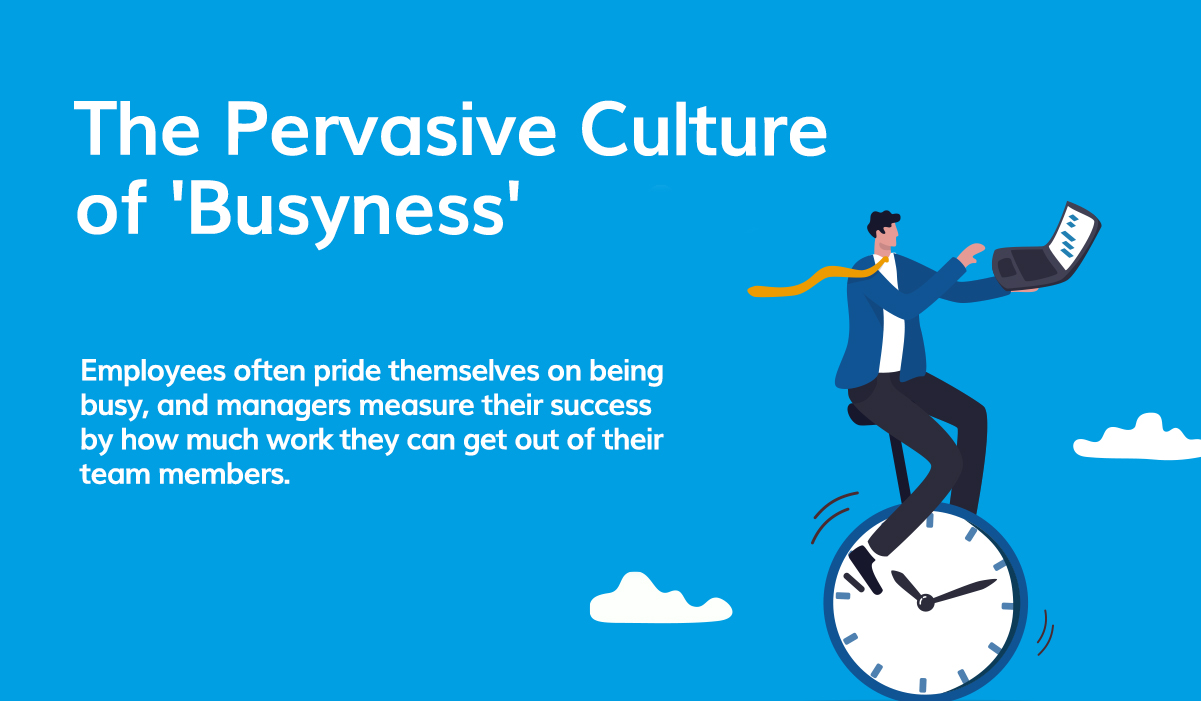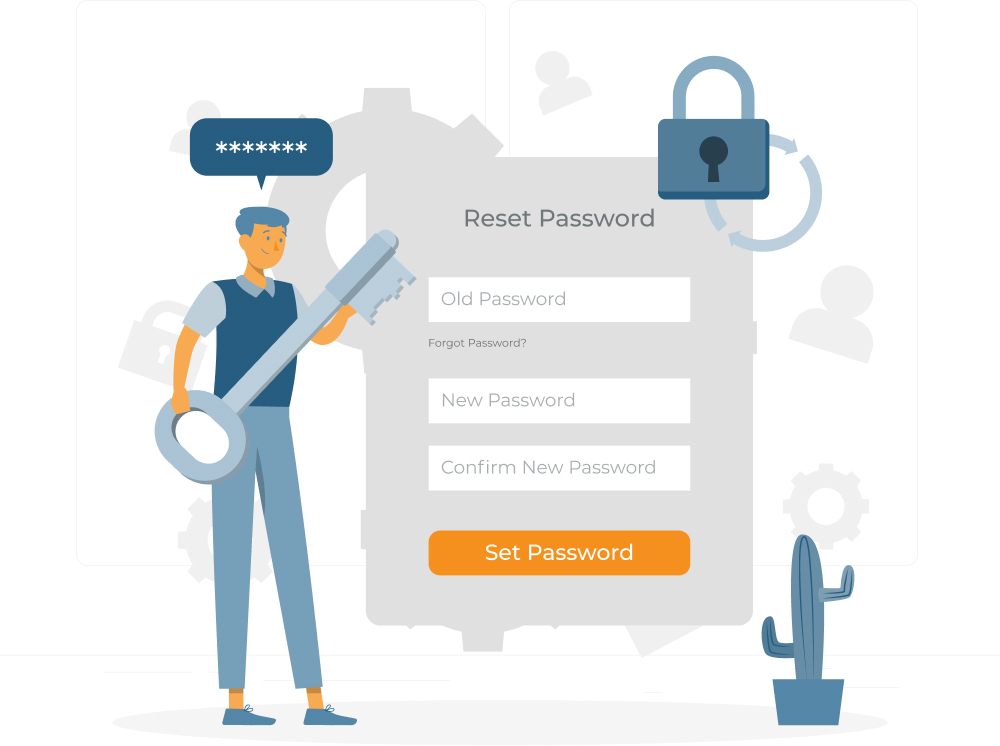Ask anyone you know how they’re doing and chances are they’re going to respond with something along the lines of “quite busy”. You can also ask anyone if they have a minute to spare… and they’ll probably respond with a “Not really”. We won’t see it as rude or abrasive, instead, we see it as expected and as the mark of a hard worker. But is it? In this article, we outline and open the discussion on the pervasive, yet perilous culture of busyness.

The modern workplace has become a breeding ground for the culture of busyness. Employees often pride themselves on being busy, and managers measure their success by how much work they can get out of their team members. In this culture, there is little room for rest, relaxation, or creativity. While some may argue that busyness is a necessary evil in today’s fast-paced world, it can have serious consequences on employee well-being and productivity. The other reality is that most of us dread the other side of the coin… not being “busy” equates in our mind to not being in demand enough, not desirable enough or unsuccessful.
In his book, The Power of Human, Adam Waytz recounts an anecdote about how a man who immigrated to the United States, soon came to believe that the word ‘busy’ meant ‘good’, because when he asked people how they were doing, they often said ‘busy’. As studies have shown, we’re not just saying it. We actually are busy and social scientists are studying the whys and hows behind this “time poverty”, as they call it. Corporate cultures that value “busyness” are, at the very least, partially to blame. In simple terms, this buzzing “busyness” has become a status symbol. Columbia Marketing Professor, Silvia Bellezza in her essay – Conspicuous Consumption of Time: When Busyness and Lack of Leisure Time Become a Status Symbol, proves how people perceive individuals (strangers) who use products indicating they are busy (such as a Bluetooth headset which allows for multitasking), as more important or accomplished. Sociologist Jonathan Gershuny notes, “Work, not leisure, is now the signifier of dominant social status.” In the 2013 movie, Wolf of Wall Street, Gordon Gekko prosaically says, “Lunch is for wimps.”
What does this translate to?
This culture translates to this: When employees are constantly busy, they feel like they are accomplishing something. However, this constant busyness can lead to burnout, stress, and decreased productivity. A common belief about managers (particularly middle managers) is that if employees are not constantly busy, they are not working hard enough. This belief can lead to a toxic work environment where employees feel like they have to work long hours and take on more work than they can handle to prove their worth.
Shift the focus
To shift the focus from busyness to productivity, organizations need to start by redefining what productivity means. Productivity should not be measured by how many hours employees work or how much work they get done in a day. Instead, productivity should be measured by how effectively employees use their time to achieve their goals.
One of the ways to push against this “busyness” bug is to demonstrate that you value creativity. Organizations can encourage creativity and innovation by providing employees with opportunities to think outside the box. This can include brainstorming sessions, innovation labs, and cross-functional teams. By encouraging creativity, organizations can create a culture where employees are encouraged to think beyond their daily tasks and find new and innovative ways to achieve their goals.
Organizations can also encourage employees to take breaks and prioritize their well-being. Managers can lead by example by taking breaks themselves and encouraging their team members to do the same. Organizations can also provide resources such as mindfulness sessions, mental health resources (and not making therapy taboo!) and flexible work arrangements to help employees prioritize their well-being.
Do you feel that this is pervasive in your work environment, and are you guilty of the “busyness” bug? Let’s keep the conversation going: get in touch with your perspectives here.
Share this article with a friend or colleague.

